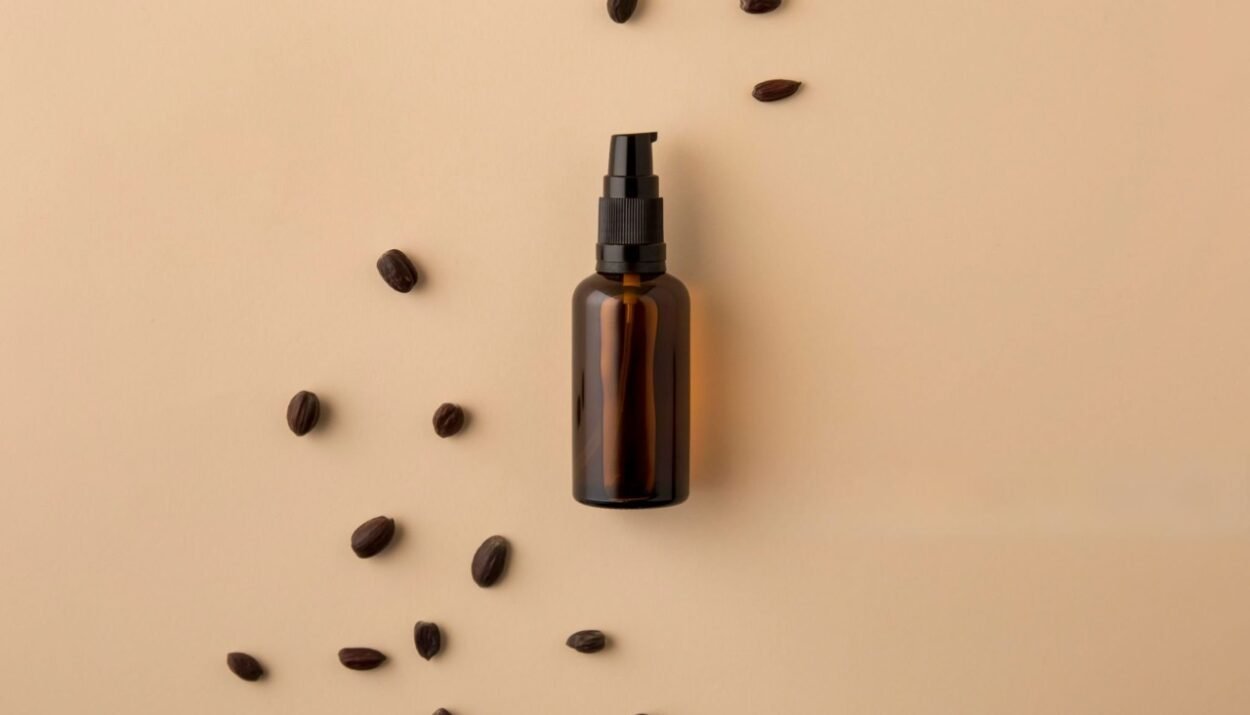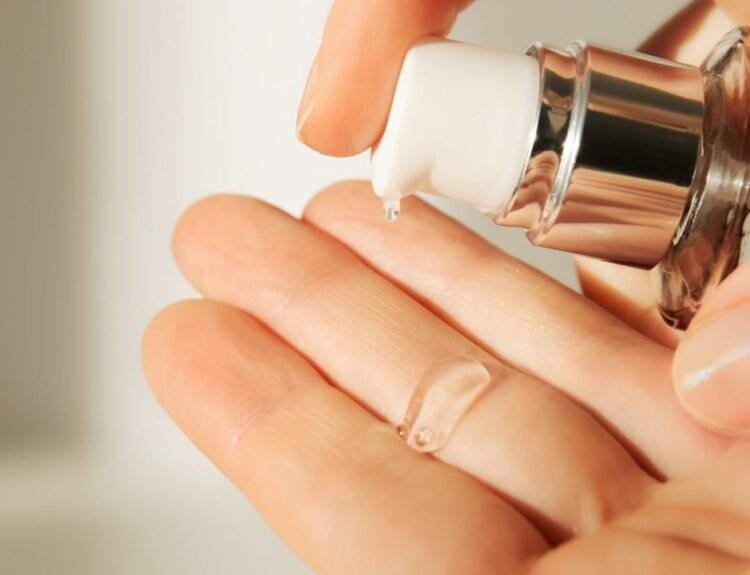When it comes to skincare, some ingredients shine brighter than others, and jojoba oil is one of them. This golden liquid is loved by dermatologists, beauty enthusiasts, and natural skincare brands alike for its versatility and effectiveness. Whether your skin is dry, oily, sensitive, or acne-prone, jojoba oil fits in seamlessly, offering hydration, balance, and protection without the heaviness of many conventional moisturizers.
If you’ve been looking for a natural skincare powerhouse, you’re in the right place. Let’s explore why jojoba oil deserves a permanent spot on your bathroom shelf and how you can get the most out of it.
What is Jojoba Oil?
Despite its name, jojoba oil is technically not an oil but a liquid wax ester extracted from the seeds of the Simmondsia chinensis plant. Native to arid regions of the Southwestern United States and Northern Mexico, jojoba oil has been used for centuries by Indigenous communities for skin healing and protection.
Its chemical structure is remarkably similar to human sebum — the natural oil our skin produces, which is why it blends effortlessly into our skin’s lipid barrier. This similarity allows jojoba oil to moisturize deeply without leaving a greasy residue.
Why Jojoba Oil Works for All Skin Types
One of the main reasons jojoba oil is a skincare favorite is its universal compatibility. Whether you’re battling dryness, excessive oiliness, or sensitivity, this plant-based moisturizer has something to offer.
Mimics Natural Skin Oils
Because jojoba oil closely resembles sebum, it sends signals to your skin to regulate oil production. If your skin is oily, it can help reduce excess sebum; if your skin is dry, it replenishes lost moisture.
Lightweight and Non-Greasy
Unlike heavy oils, jojoba oil absorbs quickly into the skin, making it ideal for those who dislike the feeling of thick creams.
Gentle for Sensitive Skin
Jojoba oil is hypoallergenic, meaning it’s unlikely to cause irritation or allergic reactions. It’s soothing for conditions like eczema and rosacea.
Skin Benefits of Jojoba Oil
The list of benefits is long, but here are the most notable ones backed by both tradition and science.
Deep Moisturization
Jojoba oil locks in hydration by forming a breathable barrier on the skin’s surface. It prevents water loss, keeping your skin supple and soft throughout the day.
Anti-Aging Properties
Packed with vitamin E and antioxidants, jojoba oil helps neutralize free radicals, slowing down signs of aging such as fine lines and wrinkles.
Acne-Fighting Abilities
It may sound counterintuitive to apply oil to acne-prone skin, but jojoba oil’s antimicrobial and anti-inflammatory properties make it effective for calming breakouts.
Supports Skin Barrier Repair
By replenishing essential lipids, jojoba oil strengthens the skin barrier, helping protect against environmental pollutants and harsh weather.
How to Use Jojoba Oil in Your Skincare Routine
You can use jojoba oil on its own or blend it with other skincare products. Here are the best ways to incorporate it:
As a Standalone Moisturizer
Apply a few drops to damp skin after cleansing to lock in hydration.
As a Makeup Remover
Massage jojoba oil gently over your face to dissolve makeup and sunscreen, then rinse with a warm, damp cloth.
As a Booster in Serums & Creams
Add 1–2 drops of jojoba oil to your favorite moisturizer or serum for an extra hydration boost.
Overnight Skin Repair
Use jojoba oil as the last step in your nighttime skincare routine for overnight nourishment.
Jojoba Oil for Specific Skin Concerns
This multitasking oil can address a range of skin issues:
For Dry Skin
It replenishes lost oils and restores softness, especially in colder months.
For Acne-Prone Skin
Its sebum-regulating effect can help reduce clogged pores and control excess oil.
For Eczema & Psoriasis
The soothing nature of jojoba oil can reduce itchiness, redness, and scaling.
Choosing the Right Jojoba Oil
Not all jojoba oils are created equal. For maximum benefits:
- Go for cold-pressed varieties — they retain more nutrients than heat-processed oils.
- Choose organic when possible to avoid pesticide residues.
- Opt for dark glass bottles to protect the oil from light and oxidation.
Precautions and Tips for Best Results
While jojoba oil is generally safe for most people, follow these tips:
- Patch test first, especially if you have extremely sensitive skin.
- Store in a cool, dark place to maintain freshness.
- A little goes a long way — avoid over-application to prevent buildup.
Final Thoughts
Jojoba oil is one of nature’s most versatile gifts to skincare. Its ability to hydrate, balance, and protect makes it a valuable addition to any routine. Whether you use it alone or as part of a product blend, it delivers consistent results without harsh chemicals.








